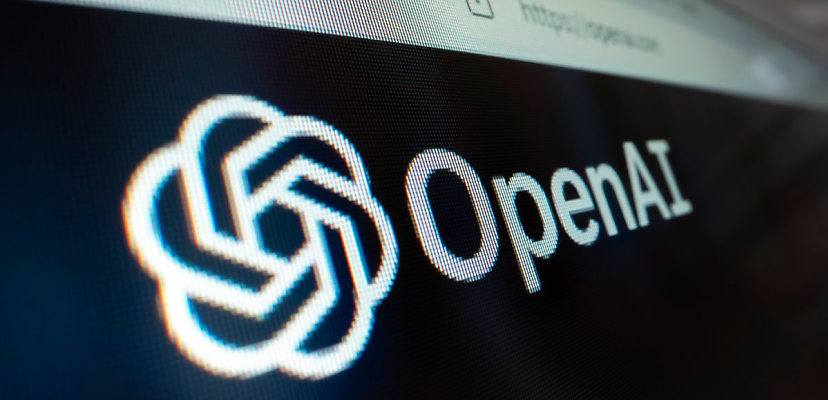Share this article on:
Powered by MOMENTUMMEDIA
Breaking news and updates daily.
OpenAI is toying with the idea of running ads on its services as part of its for-profit restructure, according to reports.

Just as the ChatGPT maker’s rivals announced plans to run ads on their products, OpenAI’s chief financial officer, Sarah Friar, told media that an ad-supported business model may be on the cards one day.
“Our current business is experiencing rapid growth, and we see significant opportunities within our existing business model,” said Friar, in reference to the company’s shift from non-profit to for-profit earlier in the year.
Despite the potential, Friar added that there are no current plans for an ad-supported model.
“While we’re open to exploring other revenue streams in the future, we have no active plans to pursue advertising,” she said.
Although OpenAI CEO Sam Altman told The Financial Times that he was “warming” to the idea of an ad-supported model, he is still hesitant.
Responding to questions by Harvard Business School as to whether OpenAI would display ads, Altman said it would be a “last resort”.
“I’m not saying OpenAI would never consider ads, but I don’t like them in general, and I think that ads-plus-AI is sort of uniquely unsettling to me,” he said.
That being said, advertising talent from Meta and Google have just joined OpenAI’s ranks, including its new vice president, Shivakumar Venkataraman, who was previously the head of Google’s search advertising. Kevin Weil, formerly the VP of product for Twitter, Instagram and Novi (Facebook), is also now OpenAI’s chief product officer.
Still, OpenAI said the introduction of ads is not a matter of when, but a matter of if.
In September, OpenAI said it would be restructuring to remove its non-profit title.
The company launched in 2015 as a non-profit with the intent of developing “safe and beneficial artificial intelligence for the benefit of humanity”, said the company.
However, in 2019, prior to the release of the company’s AI chatbot ChatGPT, the company created a for-profit subsidiary to raise funding, having only raised $130.5 million in donations since its birth.
“It became increasingly clear that donations alone would not scale with the cost of computational power and talent required to push core research forward, jeopardising our mission,” said OpenAI.
As a result, the company had a convoluted structure in which the non-profit oversaw the for-profit, a relationship that only became more complicated with the release of ChatGPT, which attracted investment from major tech giants.
Partially spurred on by the events of last year in which he was dismissed by the OpenAI board over secrecy regarding AI that is more powerful than human thought, only to then be reinstated as CEO, Altman has announced that a corporate restructuring will be taking place that will see OpenAI become a more traditional for-profit company.
According to reports by Fortune, Altman said the company’s structure has limited its growth. While the company is already worth well over $100 billion, the non-profit entity has impacted investors and turned them away.
Under the current structure, investors have a profit cap, with all profits beyond the cap going to the non-profit.
The exact details of the corporate restructuring are still unknown, but it intends to see investors more eager and able.

Be the first to hear the latest developments in the cyber industry.